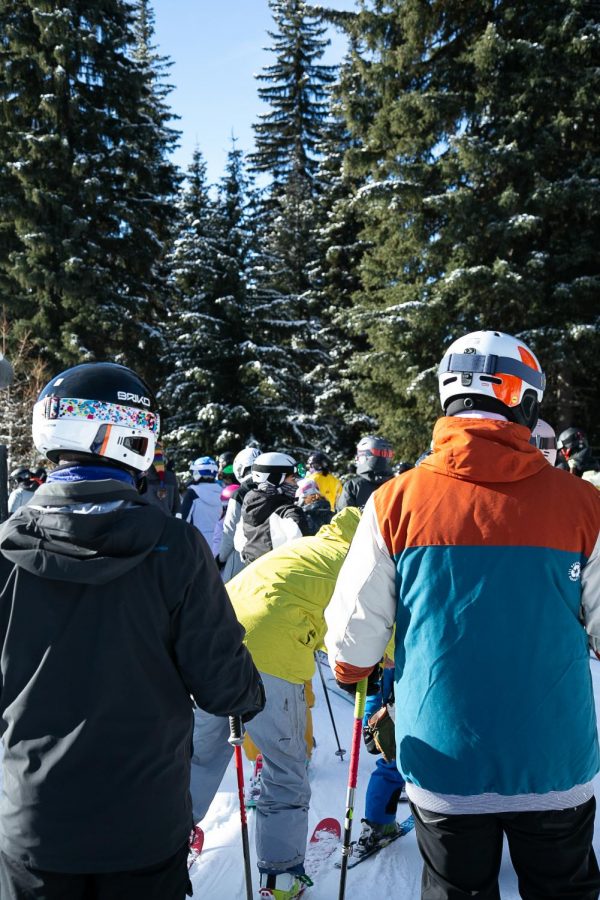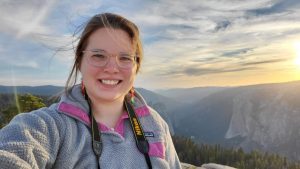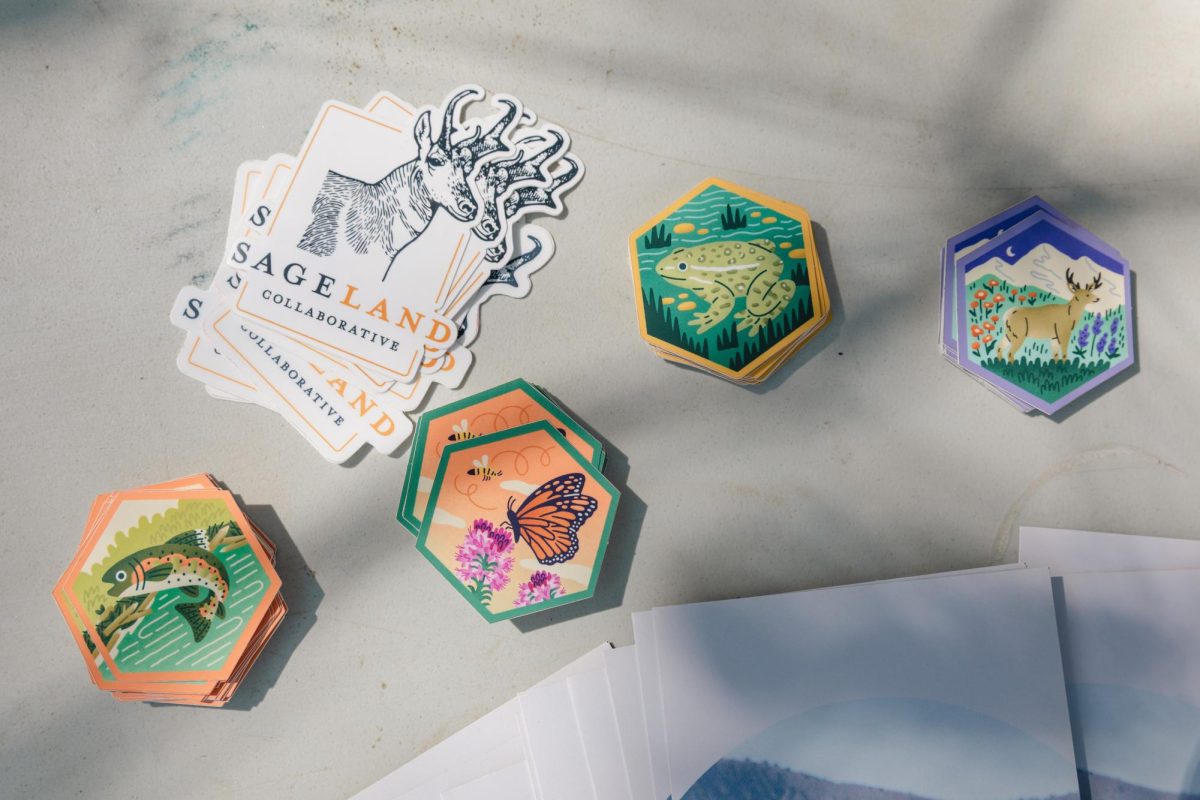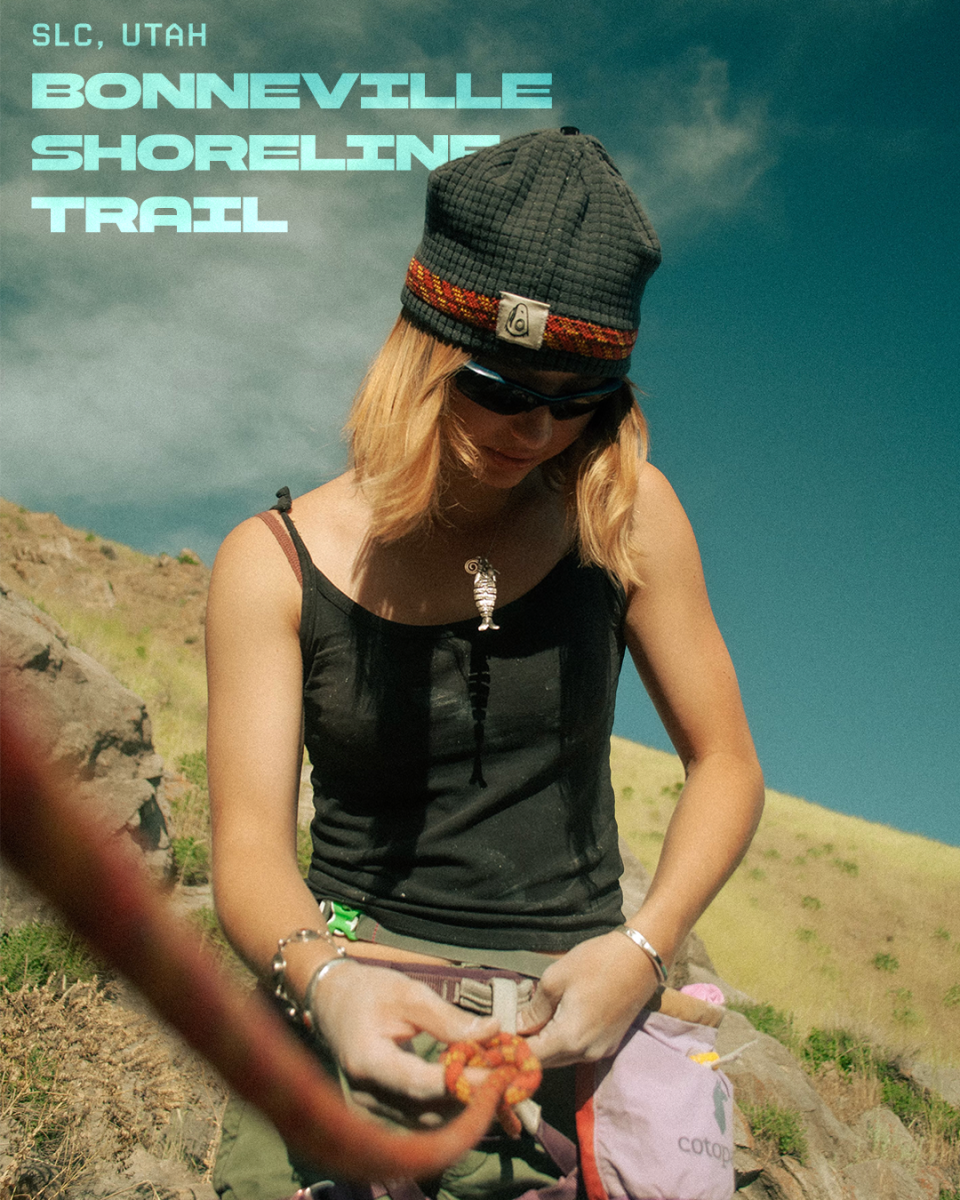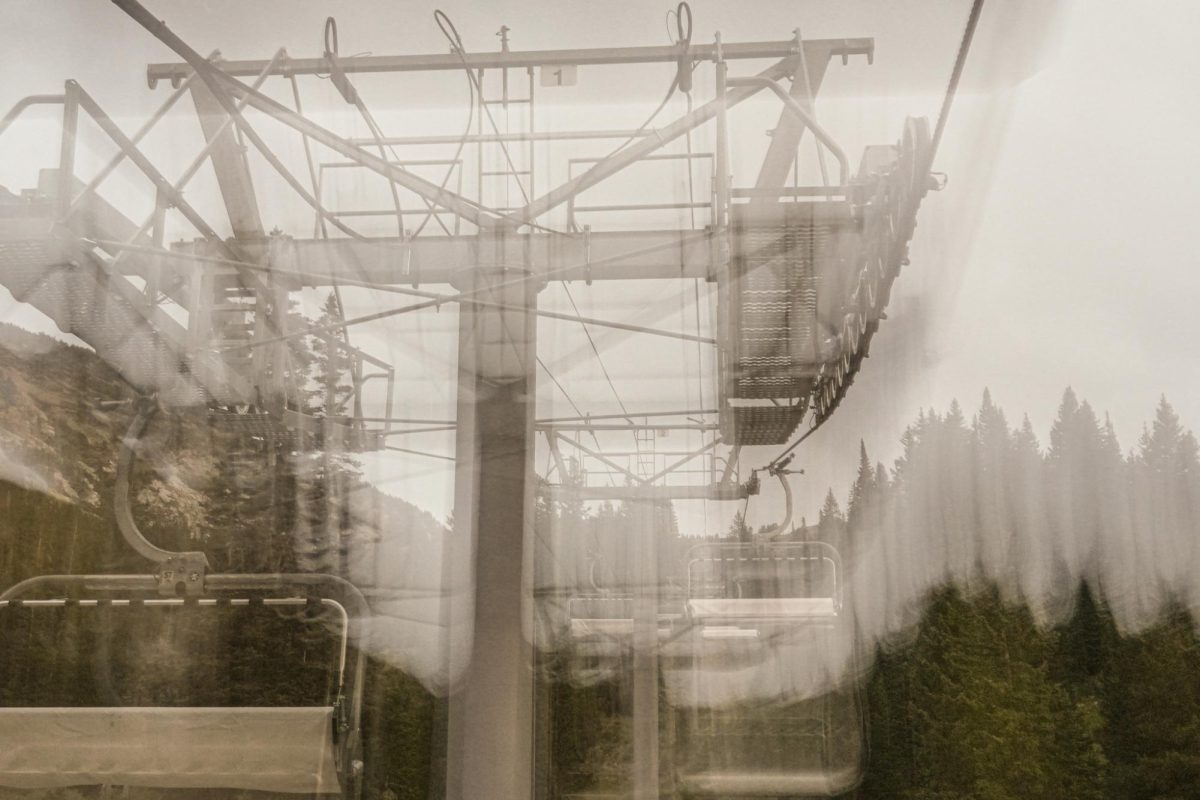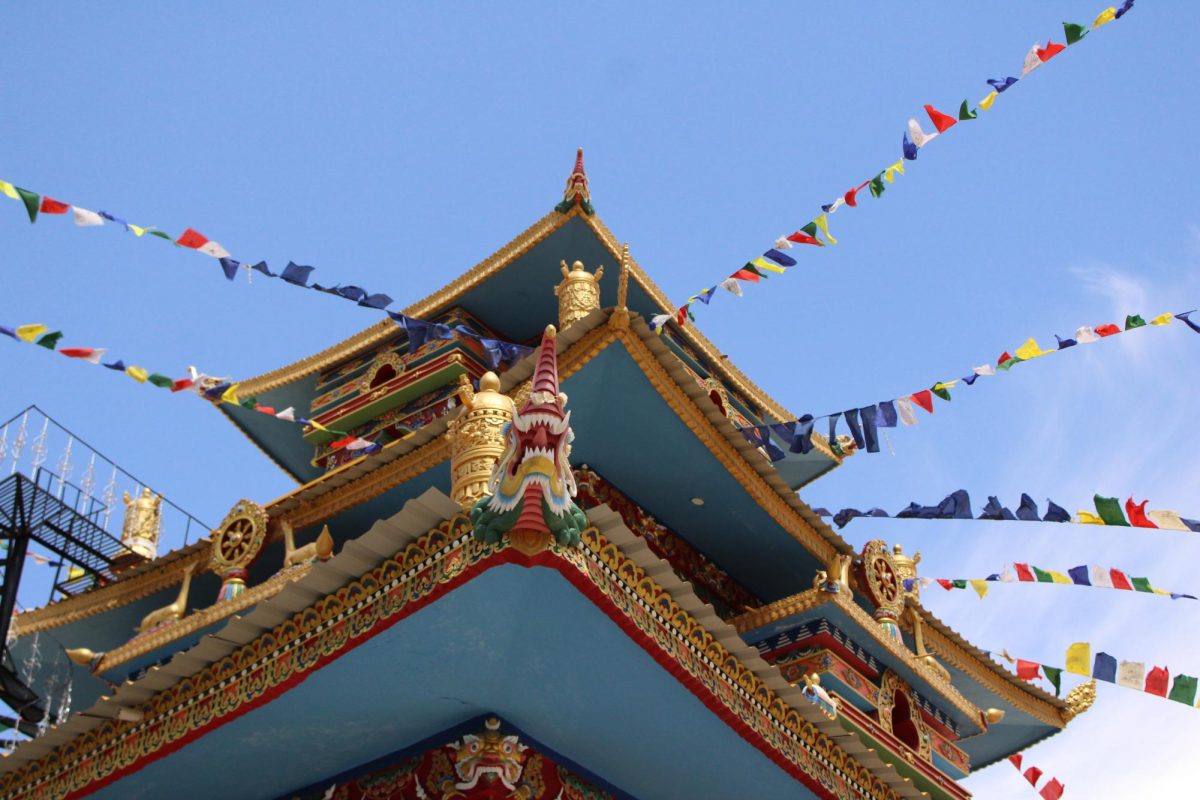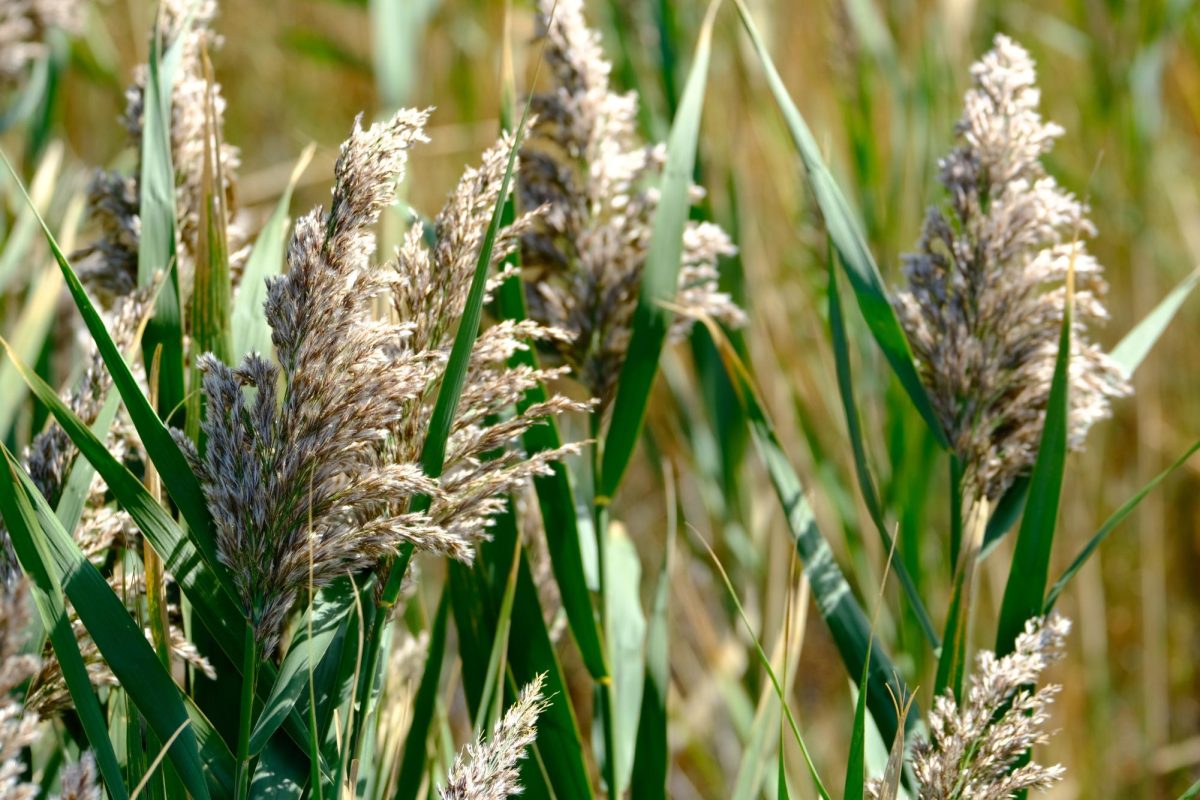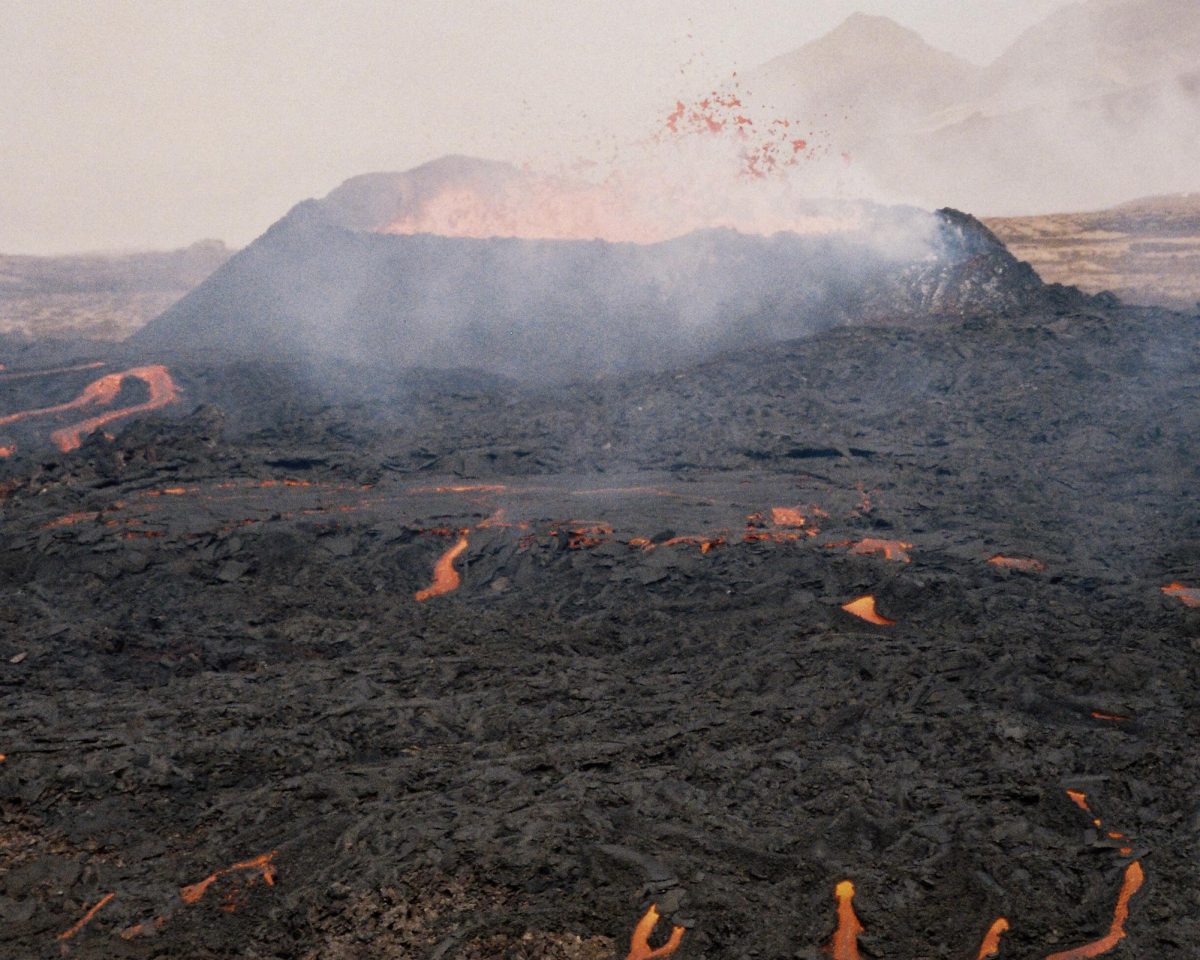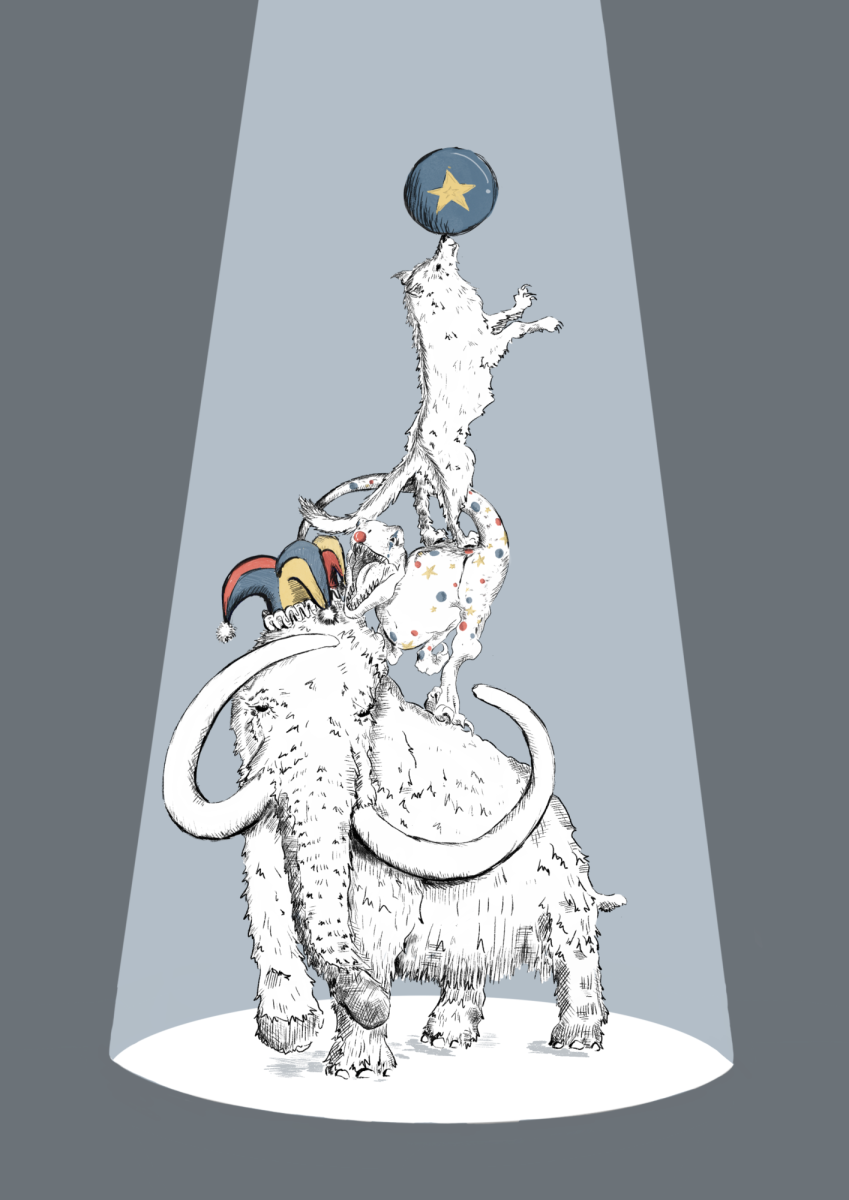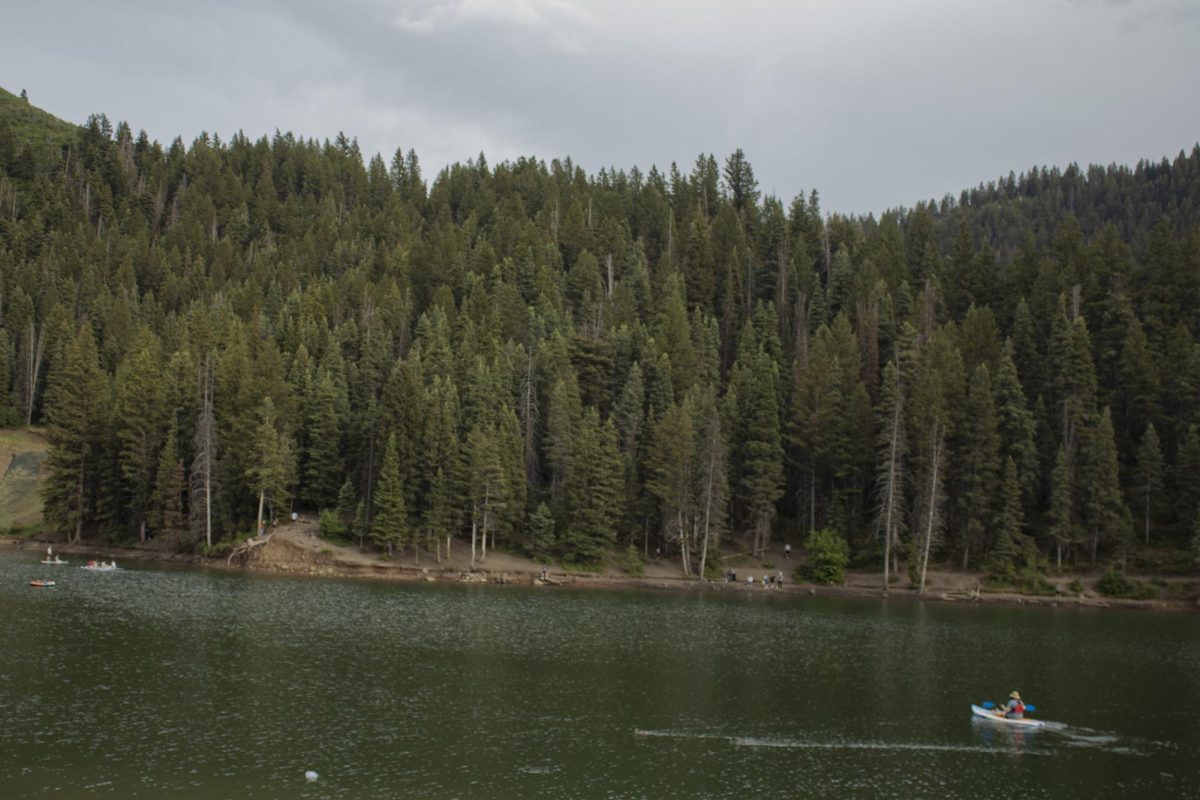Racial Disparities in Outdoor Communities and How More Equitable Wilderness Medicine Can Help
September 12, 2020
The COVID-19 pandemic has highlighted many systemic inadequacies in the U. S. healthcare system, but perhaps the most critical discussion of the moment is that of racial disparities in healthcare outcomes. Communities of color are being disproportionately affected by COVID-19, seeing both higher relative case numbers and numbers of deaths according to the CDC’s most recent data. Disparities in health outcomes for communities of color exist not only in the context of COVID-19 but also exist throughout healthcare in general — including in wilderness medicine and outdoor emergency care. Healthcare disparities stemming from racial inequalities are critically important for us to be aware of and work on as an outdoor community because Black, Indigenous and people of color within the outdoor community deserve healthcare equity, whether that be in the hospital or on the trail.
Since its beginnings, the American outdoor recreation industry has struggled with inherent racism. Recreation in the U.S. began with the utilization of stolen Indigenous lands by wealthy white people, and outdoor recreation as we now know it has long been dominated by the white upper classes. Because of these foundational prejudices, the perception that outdoor activities are only for certain people persists both implicitly and sometimes explicitly.
Additionally, few outdoor communities achieve or meaningfully foster the diversity that would more accurately represent the population of the United States. Even in our National Parks, perhaps the core of American outdoor recreation, BIPOC still aren’t equally represented — 95% of park visitors and 83% of national park employees are white, according to the 2010 National Park Service census data. There are many additional factors that play into why the face of outdoor recreation in America is still predominantly white — including historical trauma, economic, social and cultural factors — but these are part of a much larger discussion. What I’ll emphasize here is that the lack of diversity in our outdoor communities negatively impacts the health of BIPOC in the outdoor community.
Even though there is little data on the outcomes of outdoor emergency care for BIPOC, it is apparent that upstream BIPOC are not represented in most wilderness medical training. Flip through any wilderness medical text or attend any training and you’ll rarely, if ever, see examples of diverse patients. The truth is, the signs of many common outdoor emergencies can look different in BIPOC, and wilderness medical training generally does not teach people how to recognize and treat the symptoms of people who are not white. According to research performed by Rana Abualsaud, things like frostbite look different on Black skin, bites or inflammation may be harder to spot and certain conditions like heatstroke may show up more often in Black populations than in white ones. Even more sinister than this knowledge gap is the fact that we often under-treat pain in people of color, according to a research article titled “Racial bias in pain assessment and treatment recommendations, and false beliefs about biological differences between blacks and whites.” Taken together, these things mean that we are not equitably treating BIPOC in the outdoors and that steps must be taken to do the research and educational restructuring that will ensure that the outdoor community knows how to take care of all of its members, regardless of their skin color.
A part of feeling safe while participating in outdoor activities is knowing that your community is supporting you and is watching out for your safety. For many BIPOC, the outdoor recreational community does not always guarantee them that support and is not always structured in a way that is intentionally aware of their specific needs in the same way that outdoor recreation is for most white people. Taking steps to reduce healthcare disparities in the outdoor community is a helpful move toward equity for all people participating in outdoor sports because more equitable support systems like wilderness medicine will help make the outdoor community a safer space for BIPOC than it has been in the past. Hopefully, more equitable support systems will enable more BIPOC to find increasing space in the outdoor community and will aid efforts to make outdoor recreation accessible to all who want to participate.


